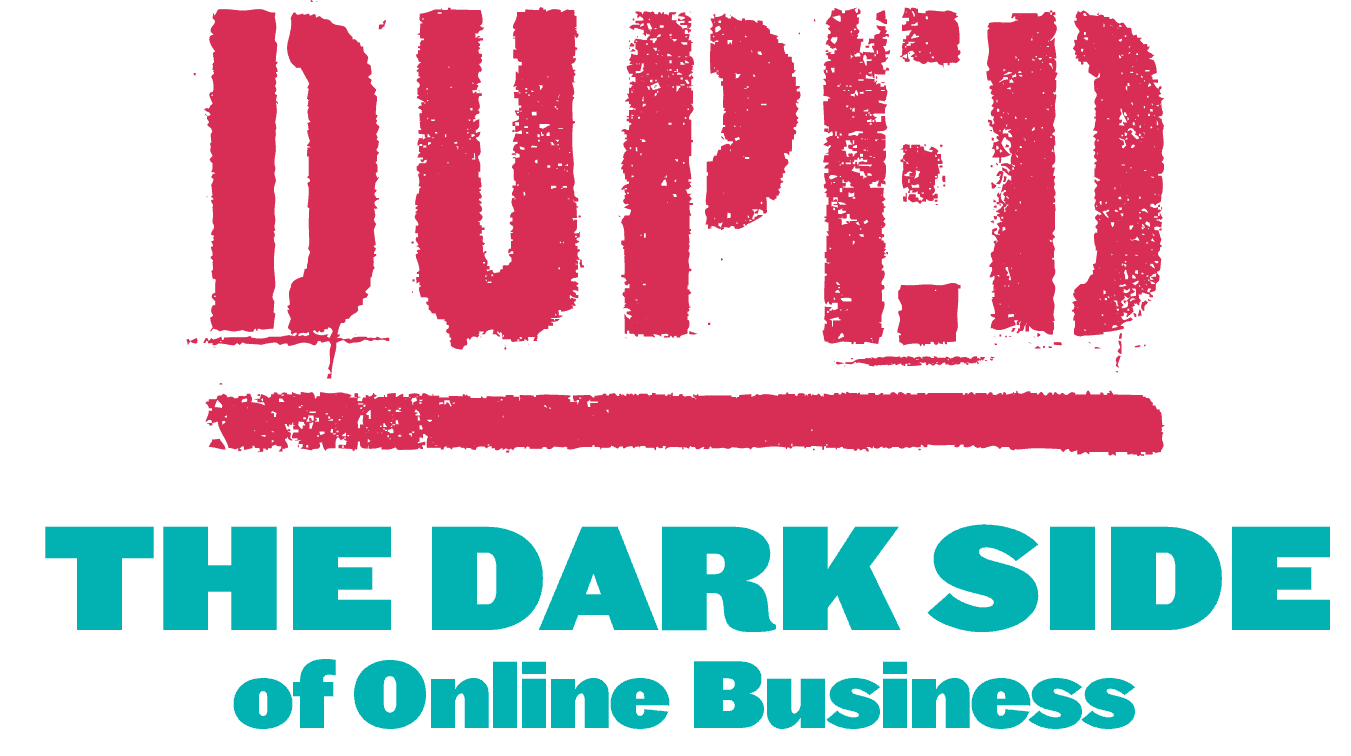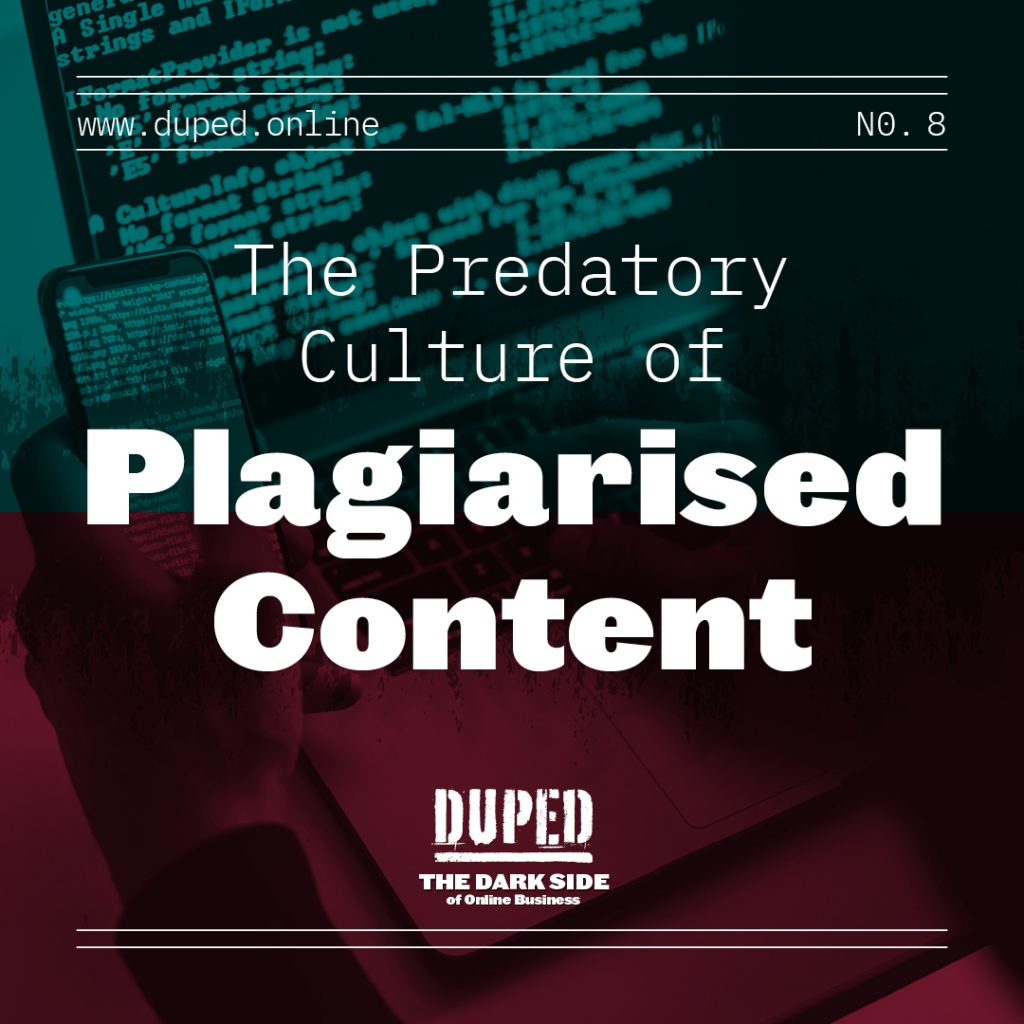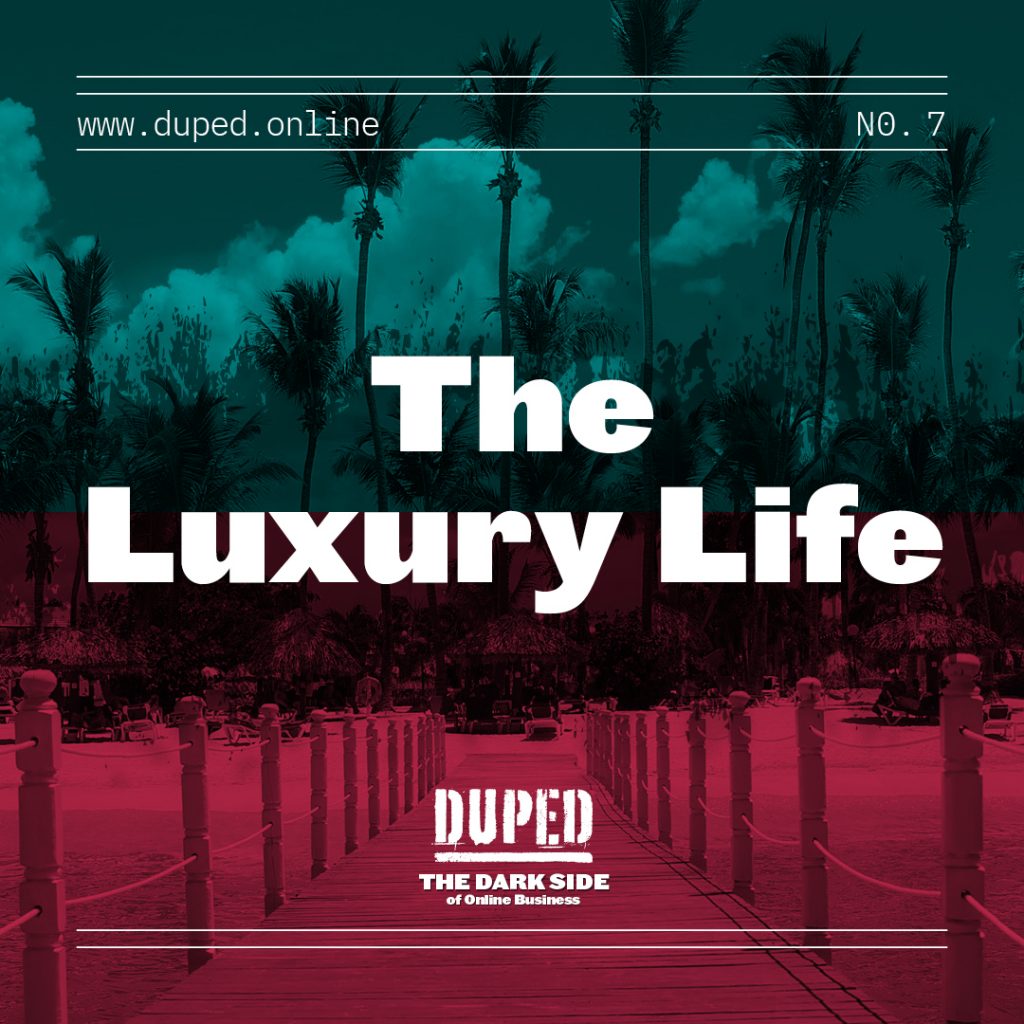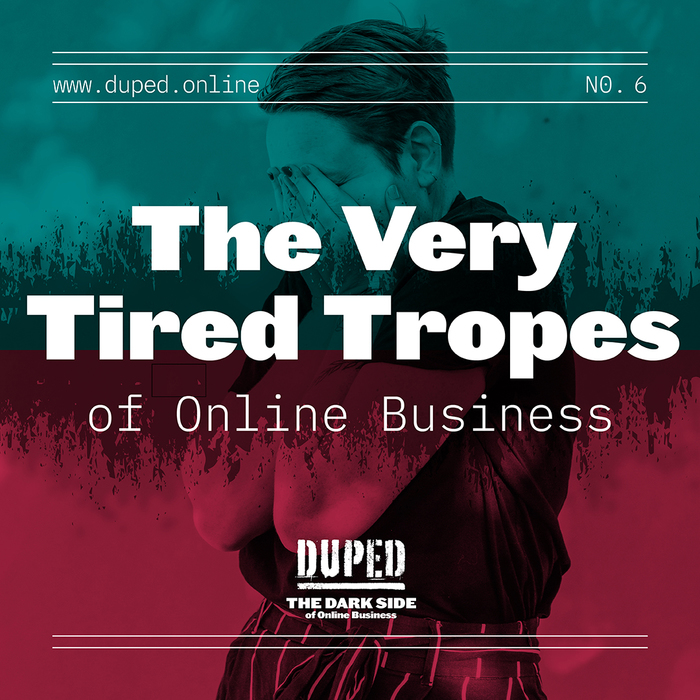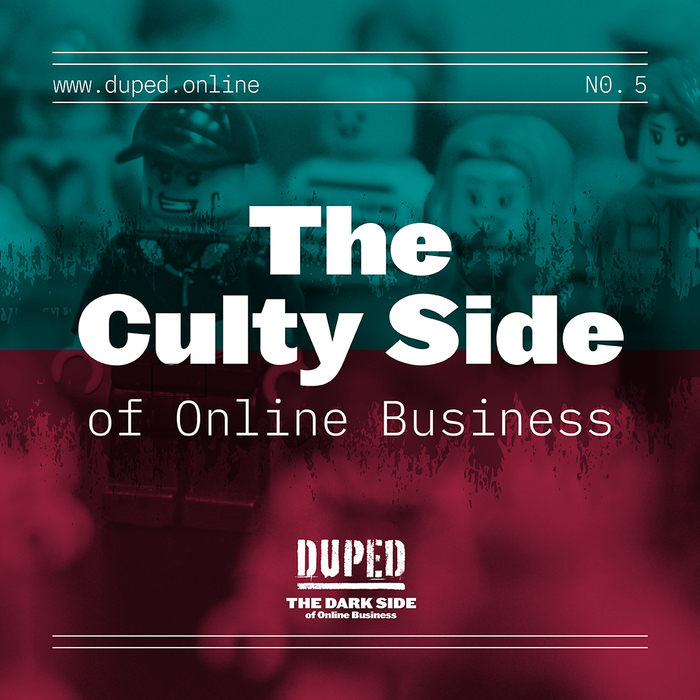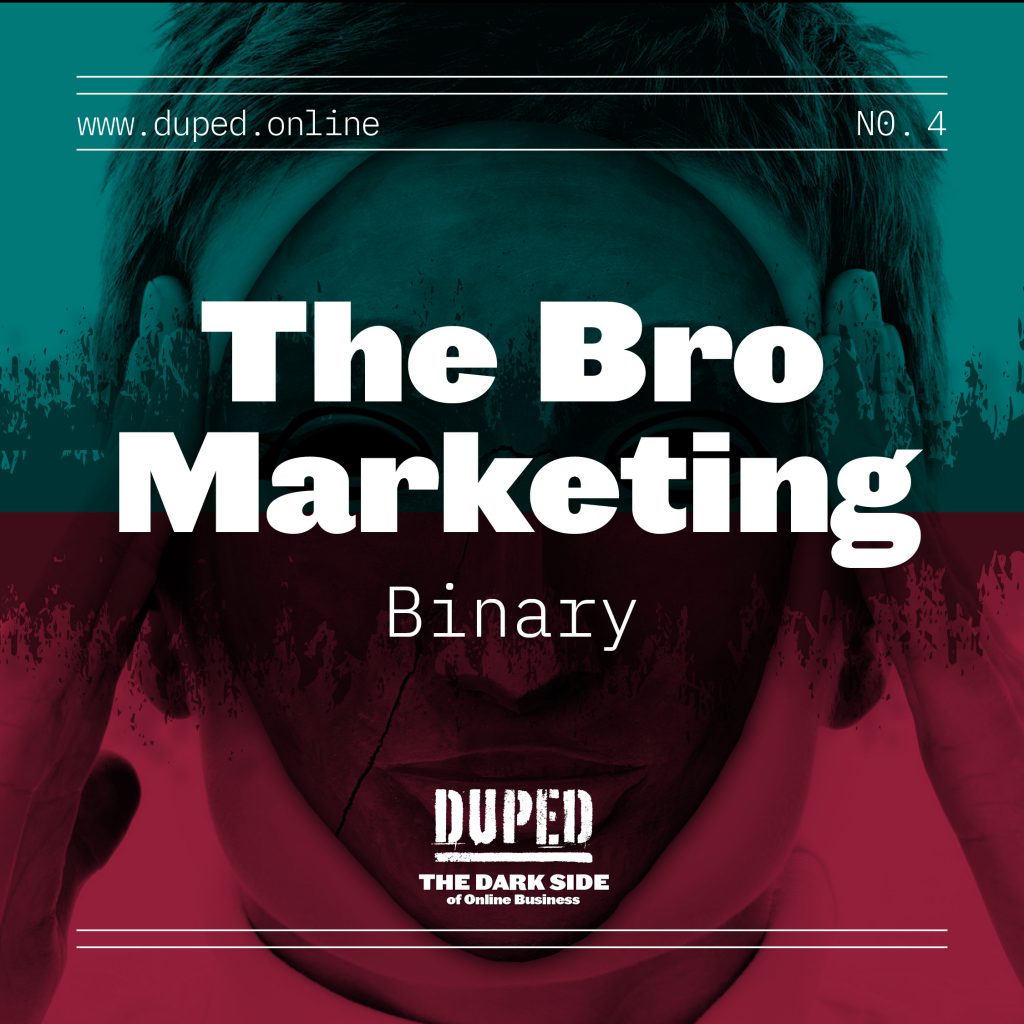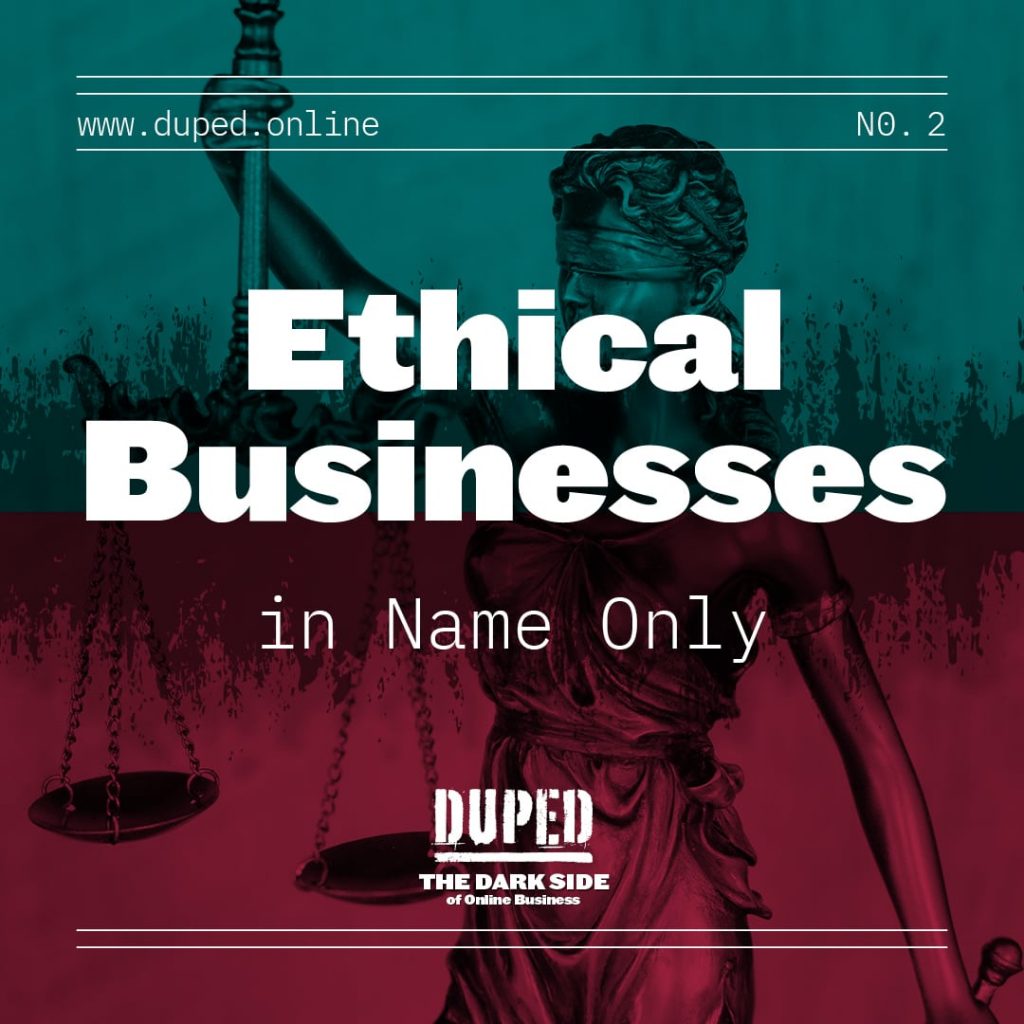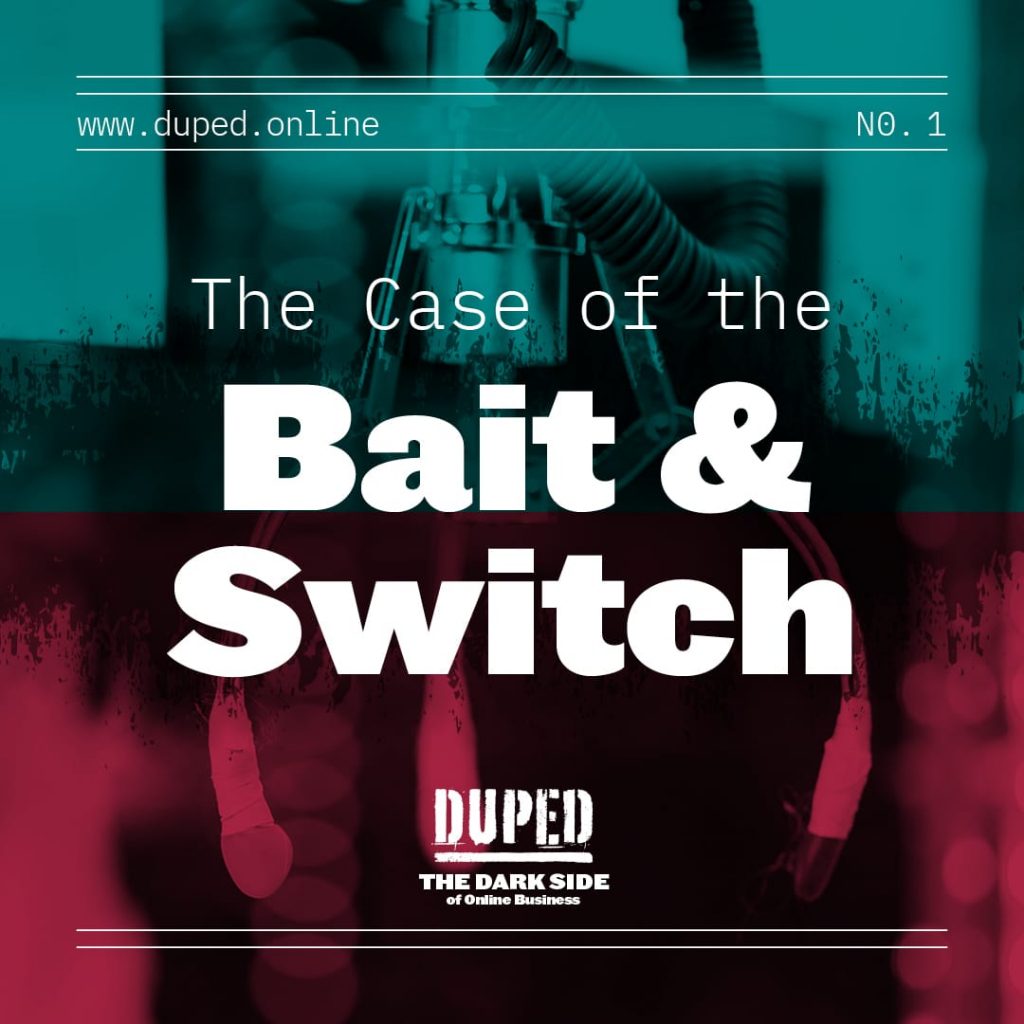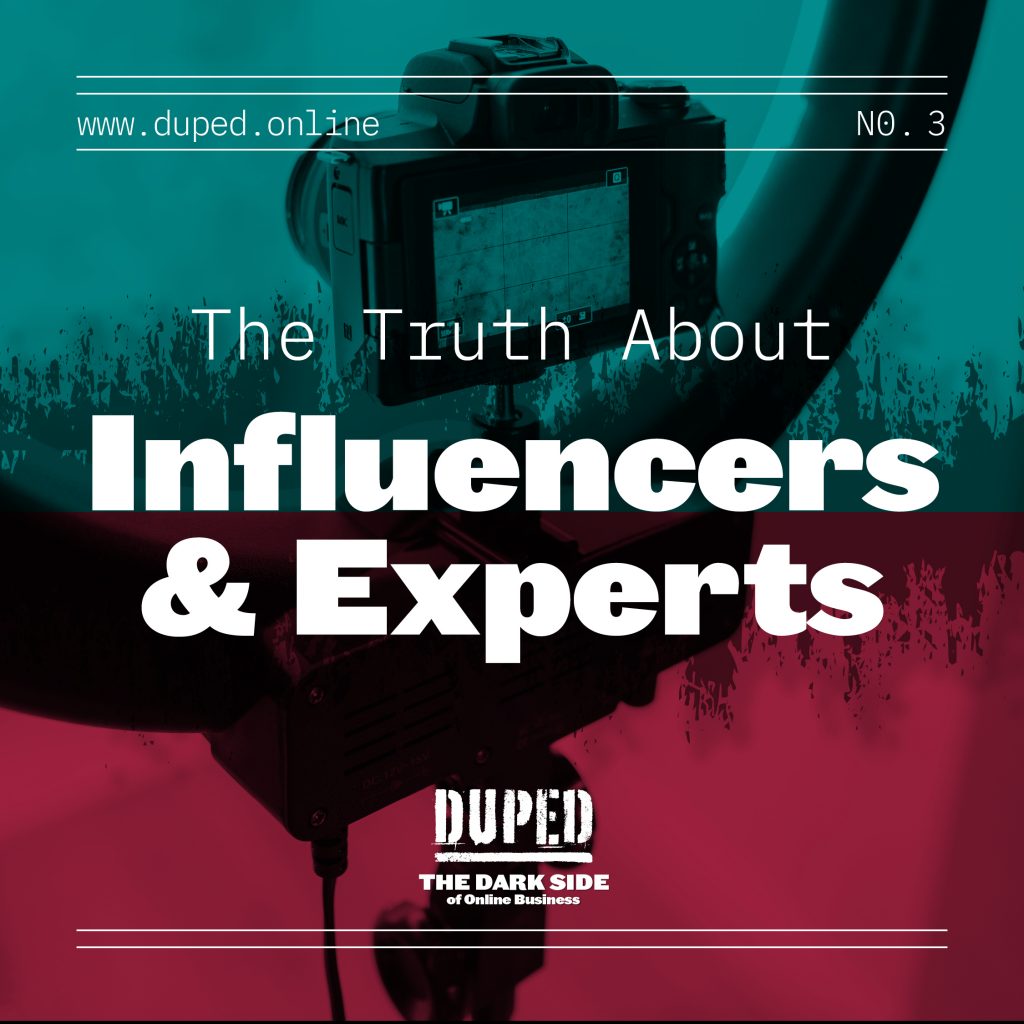
The Truth About Influencers & Experts

In a world where nothing is what it seems, how do you figure out who to trust? Especially when anyone, and I mean anyone, can say they’re expert. In this episode, we’re breaking down the difference between influencers and actual experts, and talking about the dirty truth of what we’re seeing on social media.
I may be dating us, but way back in the day, before social media and the wilds of the internet, it was easier to figure out who was legit, and who, well, wasn’t. It used to be that to be an expert you’d have to do research, publish a book, and create a real body of work. And becoming an expert? It would take years of committed, focused work.
Then came the internet, where anyone can say they’re an expert. The expert economy is built on the idea that anyone and I mean anyone can be an expert. It’s full of advice like “you just need to be one step ahead” and “fake it until you make it”.
And the result? It’s so much harder to figure out who actually knows their stuff, and who’s just recycling something they saw on an Instagram post or heard on a podcast.
And that’s exactly why we wanted to lay out the difference between influencers and experts in this episode, talk about why it matters, and then talk solutions for us as consumers and business owners.
The Big Difference: Influencer vs. Expert
To really understand where we’re going, we need to first talk about influencer culture. Because it would be super easy to think, “oh hey, if someone runs a business, they must be an expert.”
But nothing could be further than the truth. With the rise of influencers, has come the rise of would-be experts who are basically using all the same strategies and branding principles to create something out of nothing.
Being an influencer isn’t just the domain of moms trying to make a buck on Instagram. Many of the coaches and businesses we see today are basically influencers as they’re selling an image.
And that image. Well, it’s messing with us in a big way.
For me, there are a few problematic areas of influencers, starting with how it results in negative comparisons. While influencers present us with their picture perfect lives (or businesses) it sets the rest of us up for failure. It gives us a false view of what’s really normal.
And then, there’s the focus on the image. Influencers are all about the performance, as they’re sharing what’s called the “shoppable life”, a concept identified by Emily Hund.
Key Differences
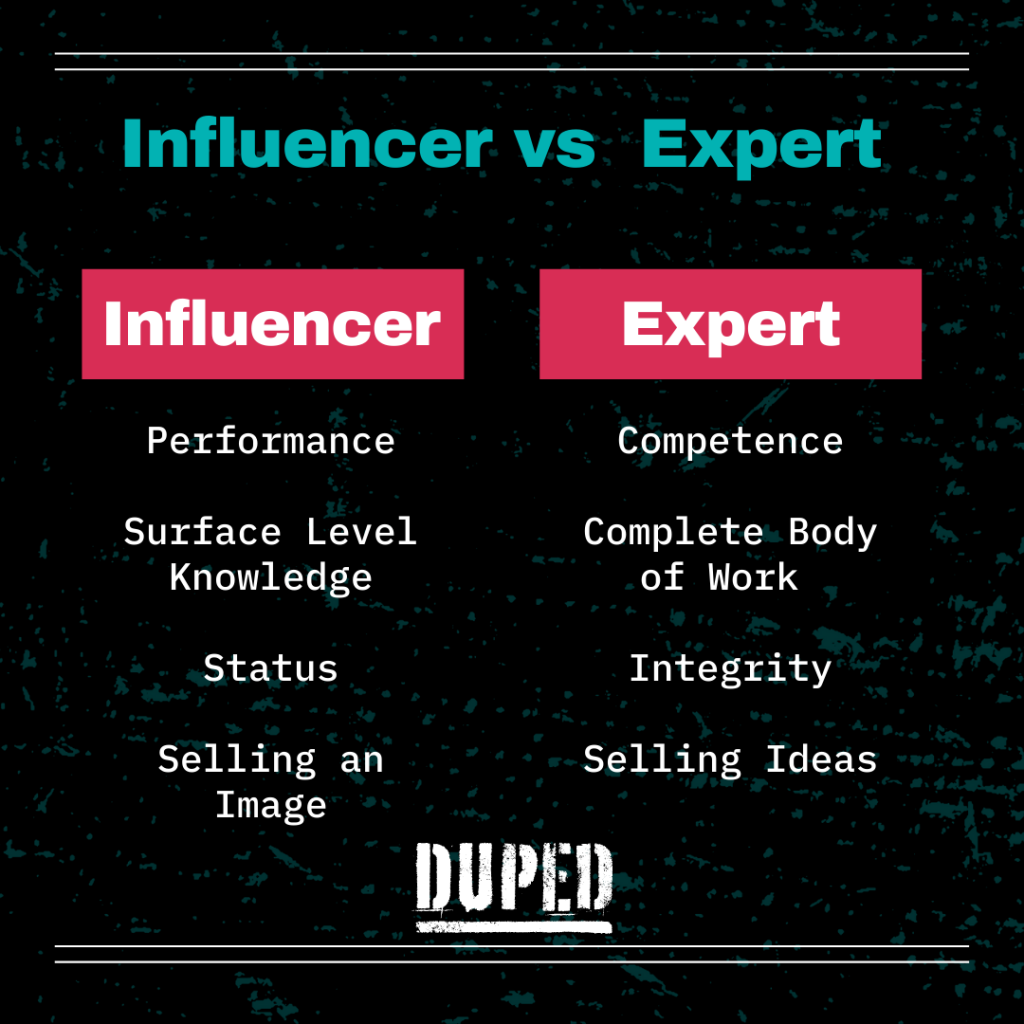
When you line these two up, it’s clear that so many of the celebrity entrepreneurs are more influencers than experts.
Especially when you consider that they’re selling the dream of having a six, seven, or even eight-figure business and selling it hard. Those income claims and the dream being sold is really because there’s no depth.
And the stakes are so much higher.
The reality is that it’s hard to tell the difference, so let’s talk about what to watch for. Celebrity entrepreneurship means we value people based on how much money they make than the quality or originality of their ideas. This is why we have so much crappy, recycled stuff out there that’s truly lacking any innovation.
Solutions
- Understand the differences. Using what we talked about today, consider what the key differences are between influencers and experts.
- Assess motivations: Examine people’s motivations, and if it’s perfectly packaged, consider why they may be. Look carefully at what people share and why they’re sharing it. What’s their motivation?
- Is this innovative? Consider if the ideas are innovative and fresh to evaluate if someone has a body of work, or if they’re just parroting the same old thing.
- Be an expert. In your own business, look at how you can lean more towards being an expert than crafting an image and going the fleeting and fickle influencer route.
Finally, above all else, let the buyer beware. Be careful about what you’re learning while you’re scrolling social media.
This industry is completely unregulated and consumer protection doesn’t exist. For example, think about all the influencers out there using their kids to make money.
The perfect example? Influencer’s kids.
As Leah Plunkett from The Berkman Klein Center for Internet & Society at Harvard University shares in her book, Sharenthood, the laws need to catch up, as if these kids were working on a film or TV show, the money they were earning would be protected. What happens online is so new and laws are going to take a while to catch up.
This is just one example of this in action. Consumer protections are sadly lacking when it comes to influencers.
When you’re doing business with anyone, you need to carefully evaluate what you’re getting into each and every time. Because if you get burned, there’s little to no recourse as so many of us have found out the hard way.
Links for this show:
Join the

Patreon

for only $7/month and get a
monthly bonus episode,
behind-the-scenes content
and more.
Recent Episodes of Duped
- « Previous
- 1
- …
- 4
- 5
- 6
